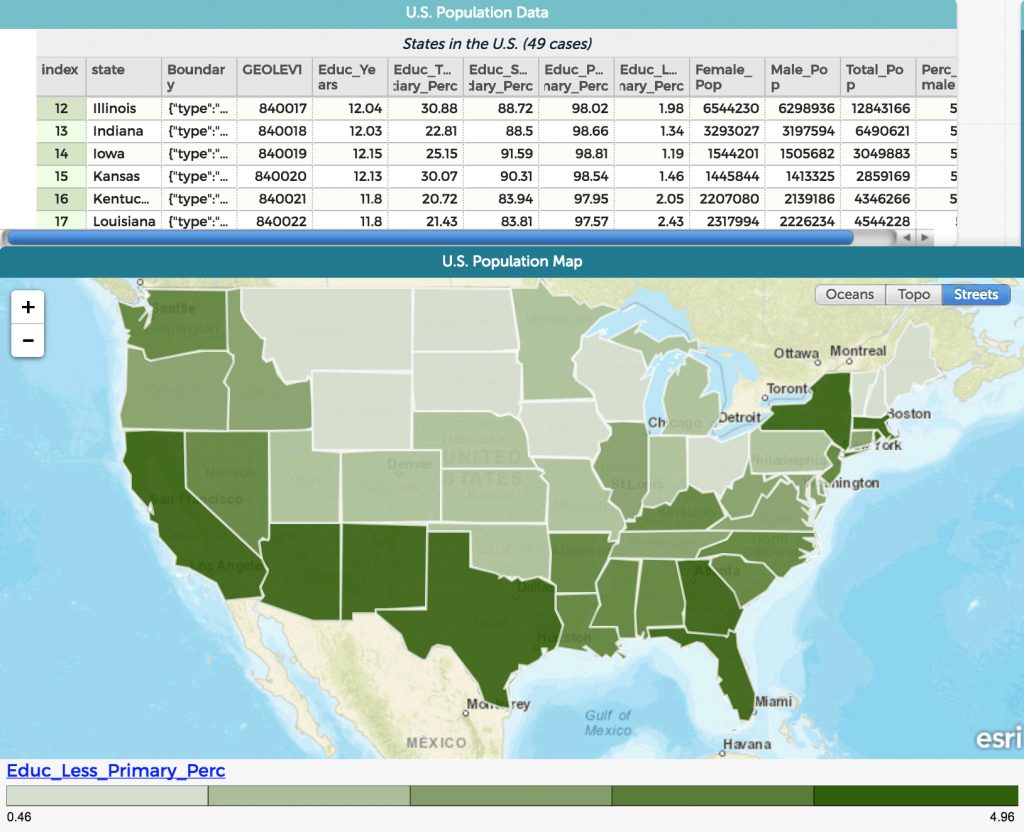It’s impossible to overstate the importance of getting more students and teachers working with data across all subject areas. Name a problem we face as a society—from combating global warming to feeding the growing population, reducing violence, and increasing equity—and data-savvy people are at the heart of any attempt at a solution.
The Concord Consortium, in collaboration with EDC research scientist Josephine Louie and professors Beth Chance and Soma Roy at California Polytechnic State University, was awarded a grant from the National Science Foundation to develop curriculum materials to improve statistical and data understanding in high school students, particularly among groups underrepresented in STEM. Designed for use in non-AP statistics and mathematics classes, activities will emphasize statistical thinking and quantitative data analysis and use our intuitive web-based Common Online Data Analysis Platform (CODAP) for students to visualize, analyze, and learn from data.
To engage students in meaningful and relevant topics, activities will focus on social justice themes and be co-designed by social science teachers. The datasets will come from the Census Bureau via the Minnesota Population Center and their Integrated Public Use Microdata (IPUMS-USA) project, which has harmonized the data over time so students can study historical trends such as migration, demographic changes, and labor force changes. With its easy-to-use interface, CODAP helps students work with hierarchical data without having to learn to program.
 Data from the Minnesota Population Center in CODAP, showing percent of persons over 25 years old with less than primary education. States in darker green have higher percentages.
Data from the Minnesota Population Center in CODAP, showing percent of persons over 25 years old with less than primary education. States in darker green have higher percentages.
Students will be able to (1) formulate questions that can be answered with data, (2) design and implement a plan to assemble appropriate data, (3) use numerical and graphical methods to explore the data, and (4) summarize conclusions relating back to the original questions and citing relevant components of the analysis that support their interpretation and acknowledging other interpretations.
Our goal is to integrate data and data analysis throughout the K-12 curriculum, so that when students graduate from high school, data is not foreign to them. This new project is one important step in that direction.